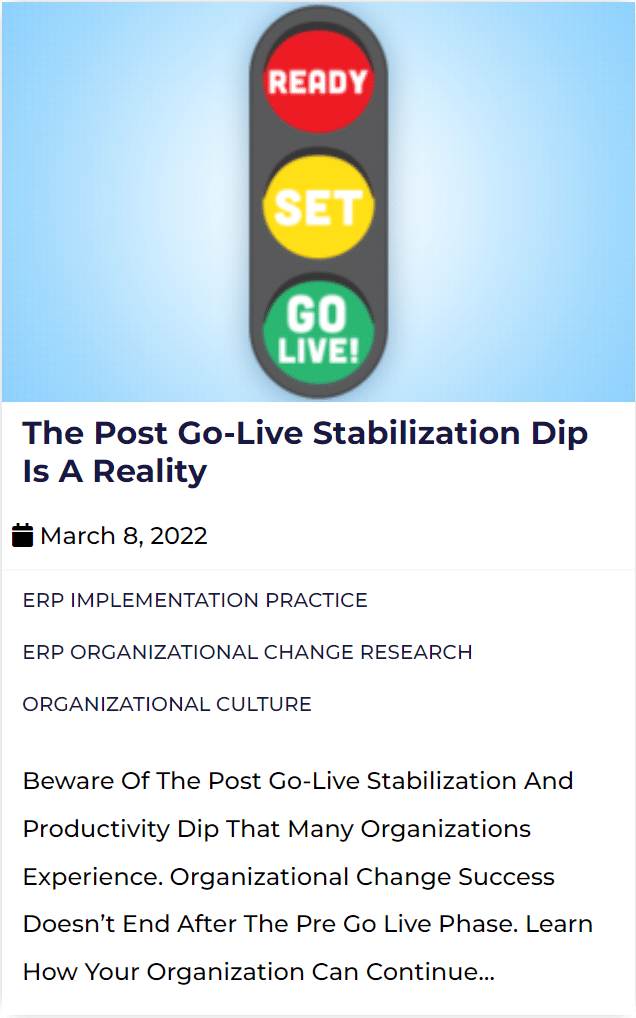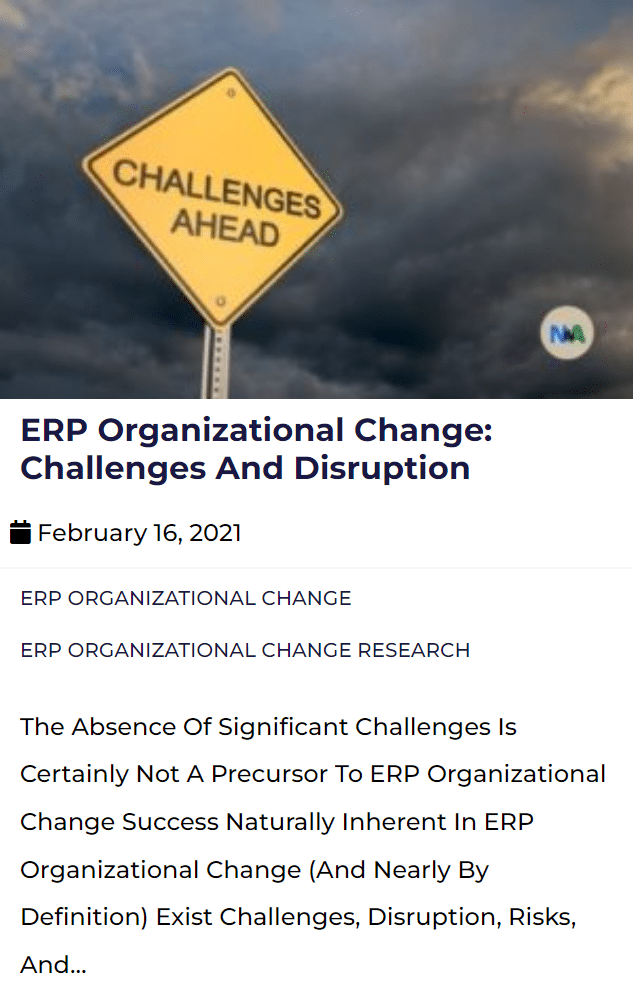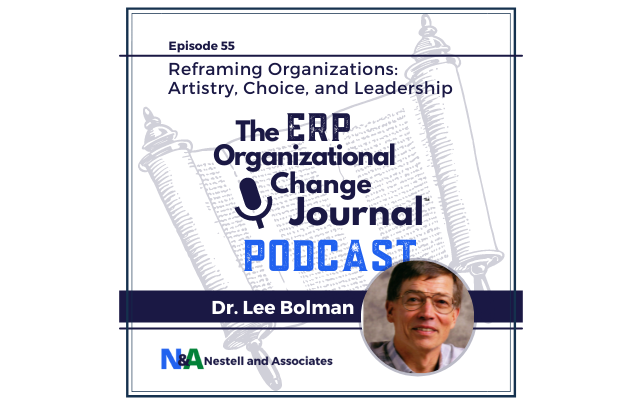ERP transcends system implementation to become a strategic tool for operational excellence
Understanding ERP Organizational Change
- Reflection on Past Projects: Evaluated learning begins with a thorough analysis of past ERP projects. By examining both successes and failures, valuable lessons can be gleaned. Reflecting on these experiences provides insights that go beyond what conventional project reports offer.
- Gathering Diverse Perspectives: One of the strengths of evaluated learning is its incorporation of diverse viewpoints. Consulting with a range of professionals, from IT specialists to end-users, broadens understanding and fosters more holistic ERP solutions.
- Encouraging Innovation: Learning from others’ experiences sparks innovation. It helps in identifying unique solutions to complex problems, especially in areas where conventional wisdom may not suffice.
- Fostering a Culture of Continuous Improvement: In the fast-evolving field of ERP systems, stagnation is not an option. Evaluated learning cultivates a culture where continuous improvement is not just encouraged but becomes a norm. This approach is critical in staying ahead in the competitive Private Equity space.
- Driving Creativity in Problem-Solving: Challenges in ERP projects often require creative problem-solving skills. By learning from varied experiences and case studies, new and creative ways to tackle these challenges can be discovered.
- Adapting to Change: The ERP landscape is continuously changing. Evaluated learning helps in adapting to these changes more effectively by understanding how similar challenges have been approached in the past.
- Enhancing Decision Making: Decision-making in ERP implementation can greatly benefit from evaluated learning. By understanding how different strategies have played out in various contexts, more informed decisions can be made.
Continuous Learning in ERP Organizational Change
We would be surprised if any executive or practitioner could say that their last ERP organizational change experience was perfect and that there is nothing more to learn. (If so, please contact us so that we can do a Case Study). Therefore, why not learn Effective ERP implementation strategies from each other?
The Ever-Evolving Nature of ERP Systems
The world of Enterprise Resource Planning (ERP) is in a state of constant evolution, with new technologies and methodologies emerging regularly. This dynamic environment makes continuous learning not just beneficial but essential for staying current and effective in implementing ERP solutions.
Learning from Experience – Both Successes and Failures
- Valuing Diverse Experiences: Every ERP project comes with its unique set of challenges and opportunities. By sharing experiences across different projects, executives involved in ERP organizational change management and practitioners can gain a broader perspective, helping them to anticipate and navigate complexities in future projects.
- Learning from Failures: It’s often said that we learn more from failures than successes. In ERP implementations, understanding what went wrong in past projects can be a goldmine of insights for preventing similar issues in the future.
- Case Studies as Learning Tools: Documented case studies of ERP implementations, both successful and challenging, serve as excellent learning tools. They provide concrete examples of how theory translates into practice, offering lessons that can be applied in future projects.
The Role of Continuous Learning in Risk Mitigation
Constant learning helps in risk identification and mitigation. By staying informed about the latest trends and challenges in ERP, professionals can better foresee potential risks and develop strategies to address them, thereby increasing the chances of a successful ERP system transformation.
Encouraging a Culture of Knowledge-Sharing
Fostering a culture where knowledge sharing within ERP organizational change management is the norm can greatly benefit organizations in their ERP endeavors. This could be in the form of regular workshops, debrief sessions post-project completions, or even informal knowledge exchange platforms within the organization.
By embracing a philosophy of continuous learning, we prepare ourselves not only to handle the challenges of today’s ERP projects but also to innovate and lead in future implementations.
The Importance and Challenges of ERP Implementation
The Multifaceted Benefits of ERP Systems
ERP: A Tool for Integrated Business Management
Non-Technical Factors Influencing ERP Success
A Practitioner’s Perspective on ERP System Transformation
In conclusion
In the labyrinth of ERP organizational change, the only constants are change itself and the invaluable lessons learned at every twist and turn. As we’ve journeyed together through the multifaceted world of ERP, remember: the best tool in our arsenal is our collective wisdom, sharpened in the trenches of experience.
Here’s to navigating the ever-evolving ERP terrain with an open mind and a readiness to adapt – after all, every challenge is just another opportunity to add another notch of success to our belts.
As we conclude this exploration into ERP Organizational Change Management, it’s clear that effective ERP Implementation Strategies and the journey of ERP System Transformation are integral to adapting and thriving in this ever-changing landscape. These concepts have been the guiding stars of our discussion, illuminating the path to successful organizational adaptation and growth in ERP. Nestell & Associates is here to support your success.
Dr. Jack G. Nestell
Ready to embarking on an ERP implementation journey?
Our team of experts is ready to help you improve your current ERP system. We can guide you through the process, providing tailored support and ERP Implementation Strategies to enhance organizational learning and ensure a successful ERP organizational change.
Let’s take the first step toward a brighter future for your organization!
Related Articles
Related Podcasts
Episode 55: Reframing Organizations: Artistry, Choice, and Leadership
In this episode, we discuss “Reframing Organizations” with Dr. Lee Bolman. Dr. Bolman and his colleague, Dr. Terrence E. Deal, are co-authors of “Reframing Organizations: Artistry, Choice, and Leadership”, the topic of this episode.





